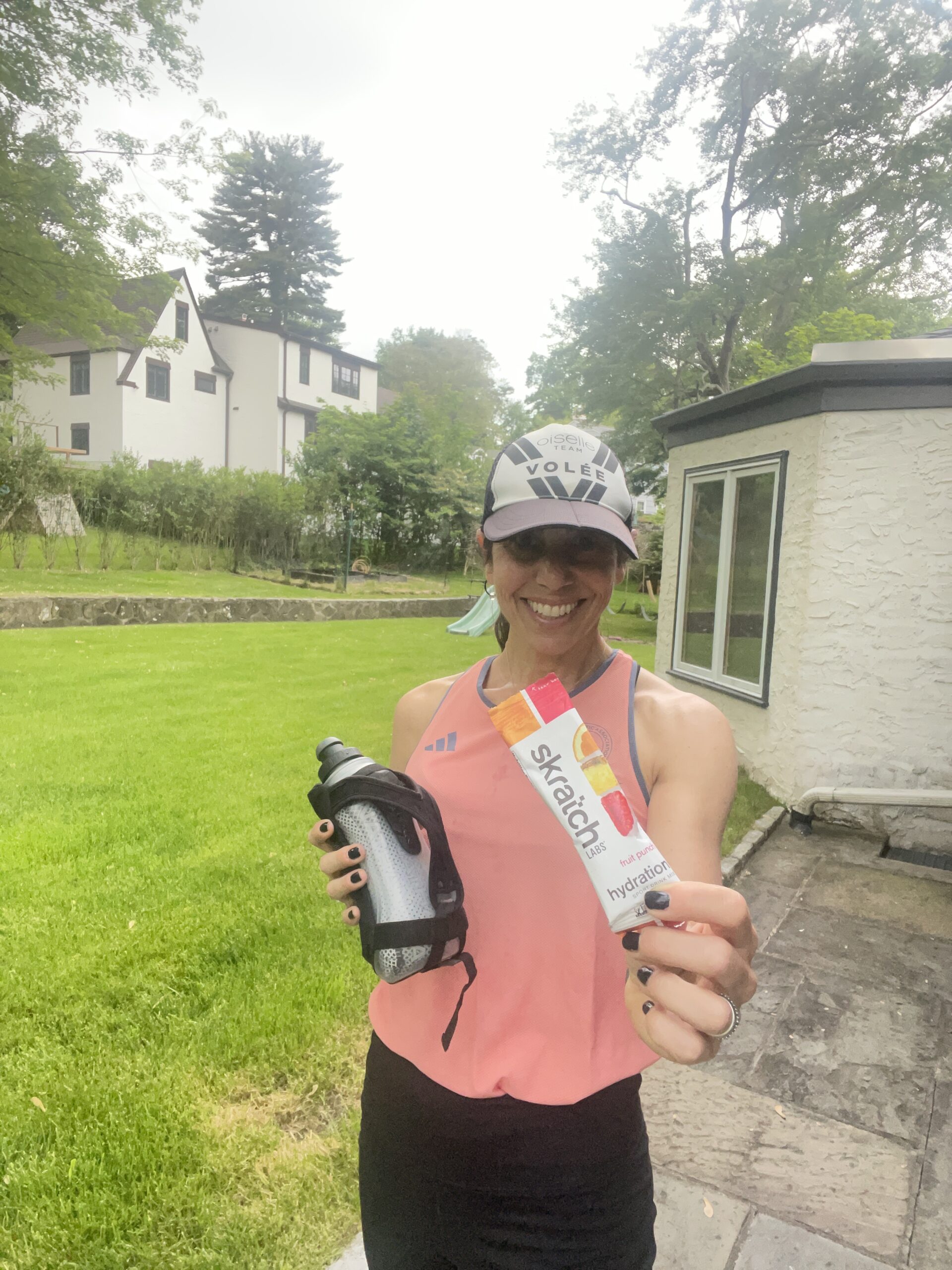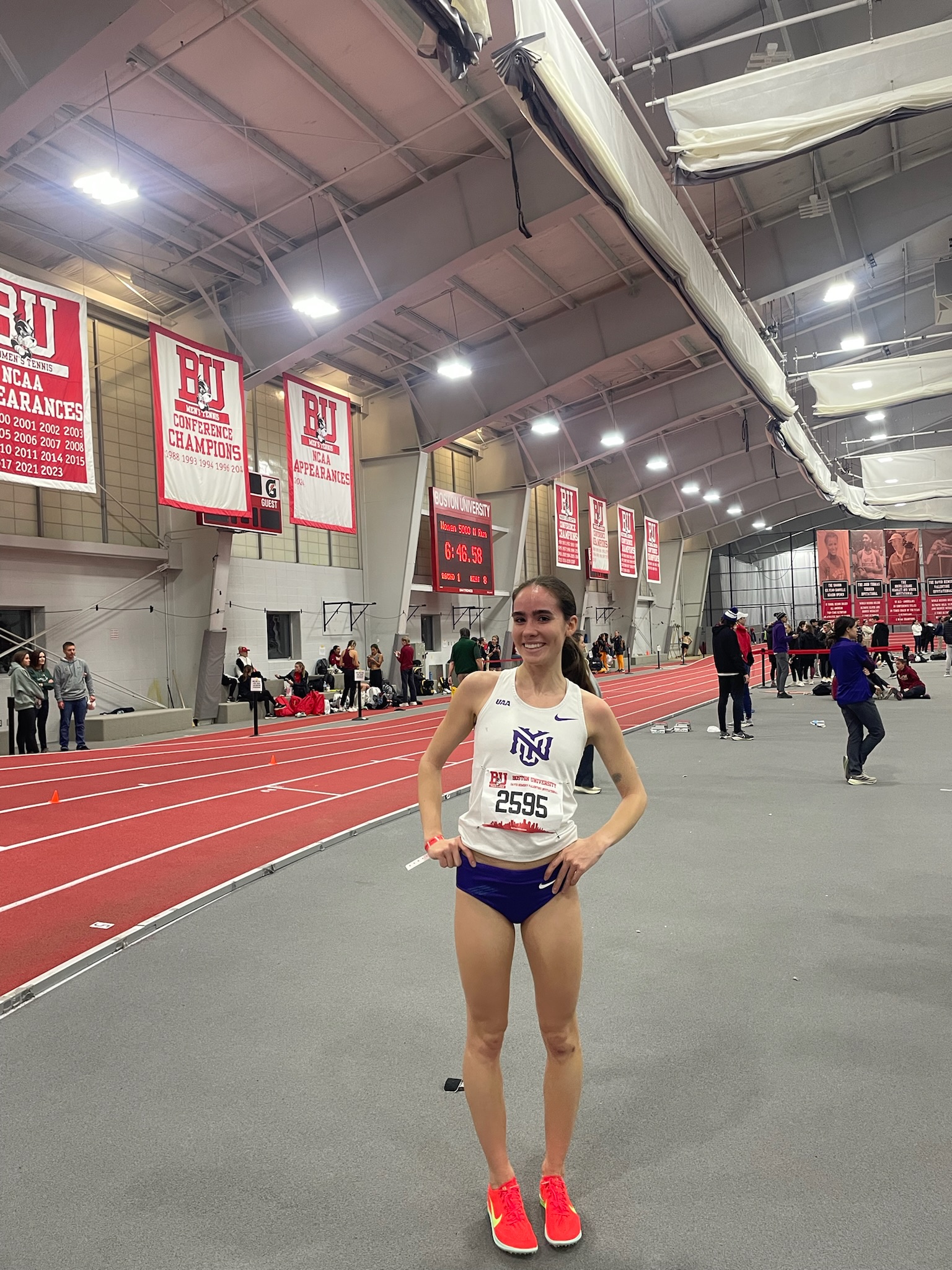
How to know when your fueling plan is working
Written by Kate Cochran, Nutrition Intern
Fueling properly for your sport can feel both straightforward and surprisingly complex. For endurance runners, a solid baseline is three balanced meals focused on carbs for energy, protein for recovery, and fats for satiety, with snacks in between.




